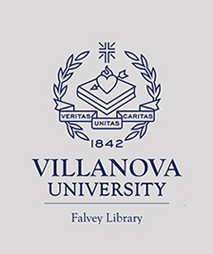From Ghoonghat to De Beauvoir Finding a Feminist Voice through Ethnography
##plugins.themes.bihistory.article.main##
Abstract
Questions of identity are central to anthropological studies. Likewise, the use of self-narrative as a resource has widened the scope for ethnographic research, becoming a form of participant-observer study. The author produces a narrative of the experiences of women in Marwadi communities in western India. The narrative examines the relationship between culture and identity for the purpose of achieving greater self-awareness. It explores the concept of veiling as a discriminatory practice and uses it as a metaphor for understanding wider gender issues. The study draws upon primary sources, such as oral history. Since memory is an important resource but is also selective in its veracity, the author supplements it with secondary sources that reflect on the dichotomy between communities, individuals, and gender. The central purpose of this personal ethnography is to understand the implications of ancestry and develop voice in the larger process of identification of oneself as a feminist.
##plugins.themes.bighistory.article.details##
- Authors retain copyright and grant the journal right of first publication with the work simultaneously licensed under a Creative Commons Attribution License that allows others to share the work with an acknowledgement of the work's authorship and initial publication in this journal.
- Authors are able to enter into separate, additional contractual arrangements for the non-exclusive distribution of the journal's published version of the work (e.g., post it to an institutional repository or publish it in a book), with an acknowledgement of its initial publication in this journal.
- Authors are permitted and encouraged to post their work online (e.g., in institutional repositories or on their website) prior to and during the submission process, as it can lead to productive exchanges, as well as earlier and greater citation of published work (See The Effect of Open Access).



